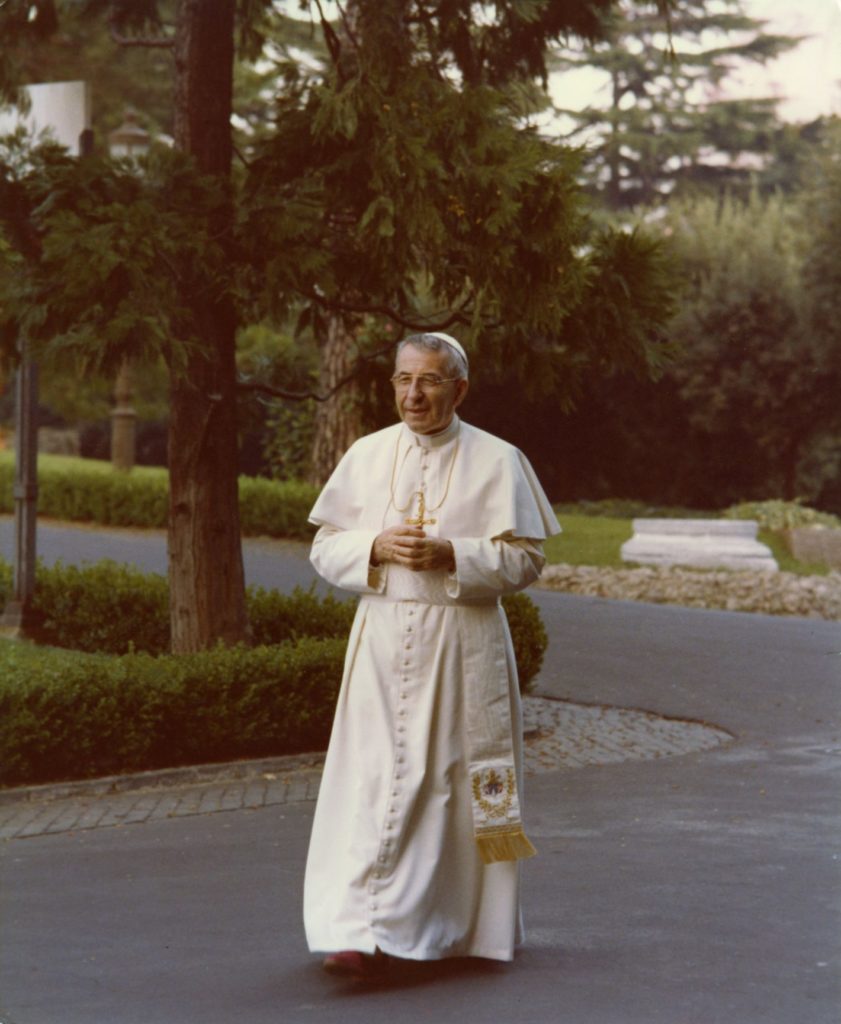By those little coincidences of life, I was fortunate to be present at the first audience of John Paul I, the Pope of the "33 days" who will soon be beatified. I spent the month of August 1978 in Rome and so I was able to be present at the funeral of St. Paul VI, who died on the 6th of that month, and at the announcement of the election of Albino Luciani, which took place on the same August 26th.
The activity in which I participated ended at the beginning of September, so I was able to attend the first General Audience, which was held on September 6. Although his pontificate was very short-lived, he made it clear that, among many other things, it would be necessary to give the figure of the Pope a dimension closer to the people. This was the path already taken by Paul VI and John XXIII, which was later adopted with force by John Paul II.

The surprising fact was the sudden decision to call a child, an altar boy, to dialogue with him. The decision was sudden and the process, as is often the case with children, did not unfold according to the expected canons. The Pope, like any good priest, asked the child questions, expecting the obvious answer that would allow him to continue the discourse according to his expectations. But this was not the case.
"They tell me," he said, "that there are altar boys from Malta here. Come one, please... The altar boys from Malta, who served at St. Peter's for a month. So, what's your name? - James. - James. And, listen, have you ever been sick, you? No. Oh, never? - No. You've never been sick? - No. Not even a fever? - No. Oh, lucky you."
The boy, perhaps moved, said that he had never been sick in his life, and the Pope, not at all disturbed, joked about it and continued without resentment.
It seems little, but it was a revolution. We all understood that, with the election of "father Luciani", God wanted not only "to be" closer to men, but also "to seem" it.







